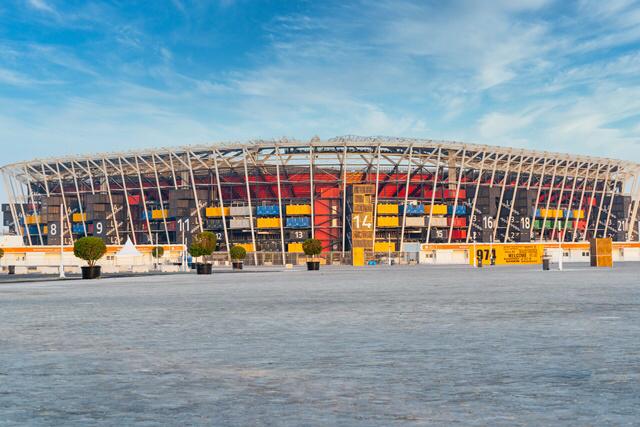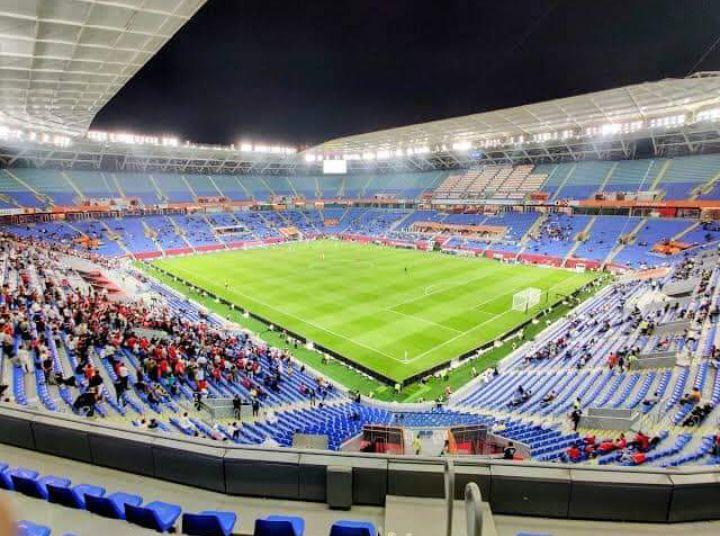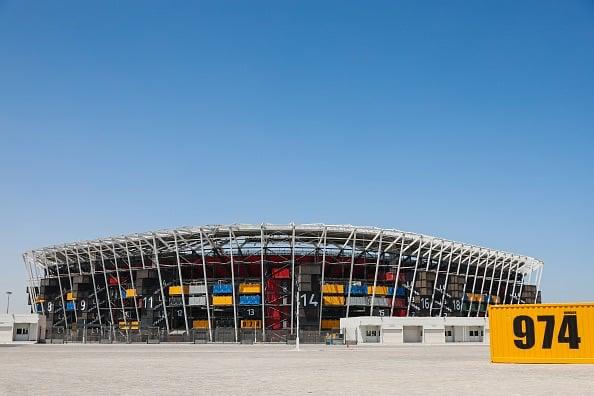“Designing For Disassembly” – Qatar’s Stadium 974 Set For Dismantlement

Stadium 974, the first temporary venue in World Cup history which has hosted matches during the 2022 FIFA World Cup will be dismantled and no longer be used in the World Cup in Qatar.
The stadium in Ras Abu Aboud, Doha, Qatar, which was constructed from 974 recyclable shipping containers and steel, will be put to new use following the FIFA 2022 World Cup.
The facility, per news reports is now ready for demolition after hosting its final game which was between South Korea and Brazil on Monday, December 5.
With a seating capacity of forty thousand, the Doha stadium is built as a port-side structure and is partially constructed from recycled materials, including steel and shipping containers.
In addition to being the international dialing code for the Gulf nation, the stadium’s name, “974”, also refers to the precise number of shipping containers utilized to construct the facility.
Regarding its distinctive structure, the stadium’s official Qatar 2022 page reads; “This unique venue pays tribute to Qatar’s long-standing tradition of worldwide trade and seafaring. Not only is 974 the international dialling code for Qatar, but it is also the exact number of shipping containers used in construction.
“Situated in the portside area and in sight of Doha’s coastal cityscape, fans at Stadium 974 will feel the cool breeze as it rolls in from the Arabian Gulf.”

The arena’s seating arrangement, which avoids air conditioning because the stadium is naturally ventilated elicits the prospect of supporters looking a little more sweaty than usual although the stadium hosts only evening matches, when temperatures are cooler.
Additionally, compared to a typical stadium development, the stadium uses 40% less water because of its water-saving techniques.
The venue’s design and construction have earned a five-star grade from the Global Sustainability Assessment System (GSAS).
Karim Elgendy, a consultant in urban sustainability and climate who served as a consultant for the tournament, complimented the arena for its cutting-edge construction.
“Designing for disassembly is one of the main principles of sustainable building.”
“It allows for the natural restoration of a building site or its reuse for another function.”
According to reports, the stadium will be disassembled and transported to other countries in need of infrastructure.

However, based on other reports, if Uruguay’s bid to host the tournament is successful, the stadium would be utilized to hold the 2030 World Cup in Maldonado
As per the official website of FIFA, “the arena is its first-ever stadium that can be fully dismantled and re-purposed post-event. Stadium 974 hosted a total of seven games with the final one on Monday, December 5. Brazil and South Korea played the last World Cup match in the stadium after which ‘the containers and super-structure will be reused.”
Author- Roberta Appiah





